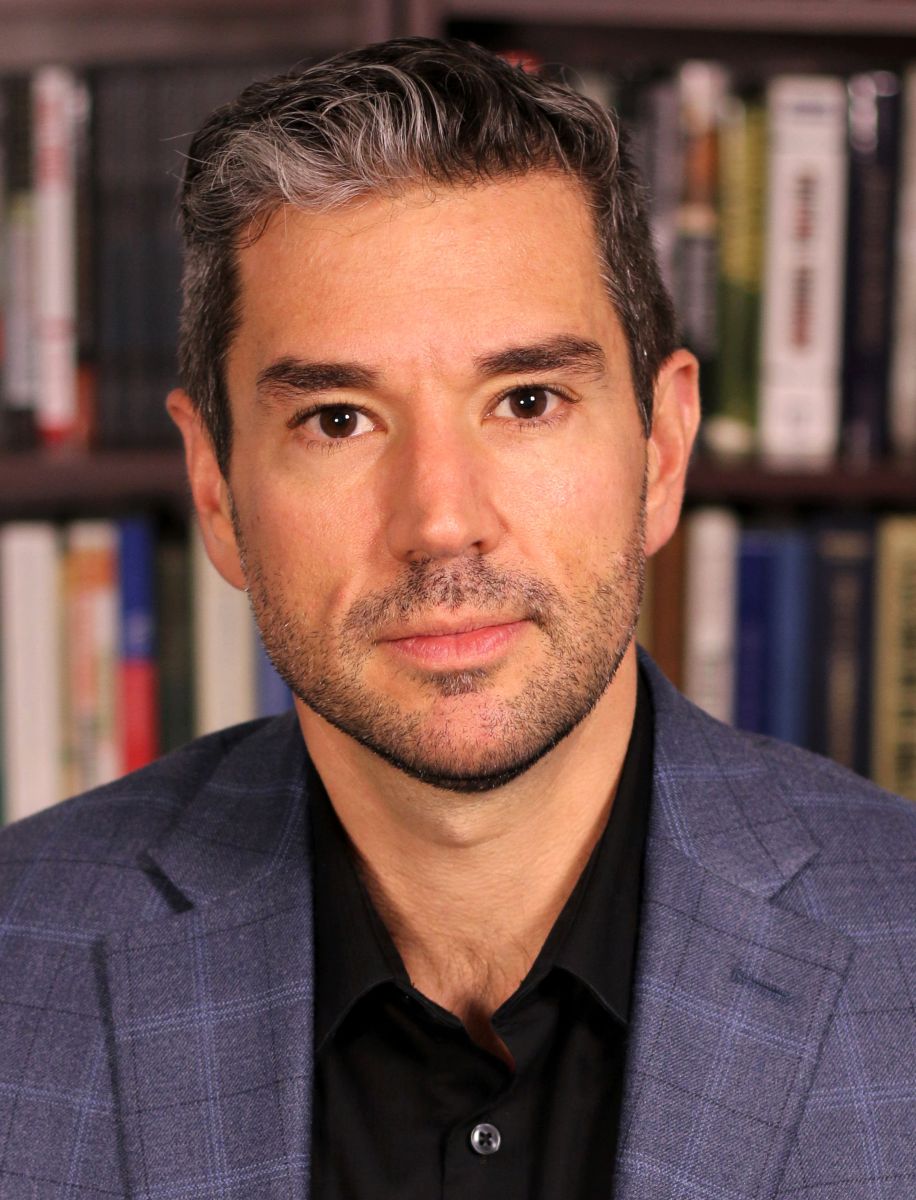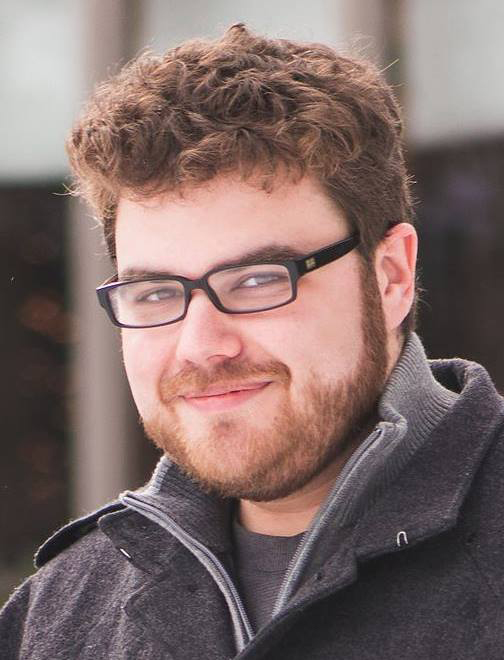START Director William Braniff and Geospatial Research Unit Director Marcus Boyd have taken on new advisory roles for the Global Internet Forum to Counter Terrorism (GIFCT), on the Independent Advisory Committee (IAC) and the Crisis Response Working Group (CRWG), respectively.
The GIFCT is an independent industry body created initially as a joint enterprise by Facebook, Twitter, Google/YouTube and Microsoft to counter terrorism in the online space, which Braniff has supported in the past.
|
|
|
| William Braniff | Marcus Boyd |
The IAC is comprised of a cross section of individuals from academic institutions such as Stanford University and Swansea University, international government representatives and civil society members who focus on issues like freedom of speech and civil liberties. The goal of the IAC is to help inform the Executive Director of GIFCT, former National Counterterrorism Center (NCTC) Director Nicholas J. Rasmussen.
“My personal hope is that the IAC will help the GIFCT be forward-looking, because the tech field moves so quickly. If we focus only on today’s issues we’re quickly going to be obsolete as a council,” Braniff said. “It’s high-level guidance we hope to be able to offer an industry body that itself has a very difficult challenge ahead.”
The goal of the CRWG is to counteract the viral spread of online content, such as videos, depicting a violent incident and its direct aftermath.
“There are a lot of very high-ranking government officials from around the world on this working group,” Boyd said. “We’re striving for whatever best practices we can find. Because we have a fair, free internet, we don’t just have a button that shuts everything down.”
Braniff and Boyd both explained that the issue of online radicalization is particularly concerning, considering the shift to the online space following widespread lockdowns as a result of the pandemic.
“Moonshot CVE put out a study that found a 21 percent increase in the amount of time people are spending looking at extremist content, after having been in lockdown for 10 or more days,” Braniff said. “We’re all spending more time online, and that means that there’s a greater chance of exposure to this kind of content.”
“People are bored and unemployed, and in the absence of something that’s going to keep you occupied you look for purpose. You find that purpose, or that purpose finds you,” Boyd said. “That means we’re going to see more radicalization online. It’s a compelling message that’s being put out to disadvantaged people who have nothing to do and want someone to blame.”
Braniff also noted the shift in the types of radicalization that national security professionals are observing.
“Part of why we’ve taken notice of violent far right extremism and white supremacy to a much greater extent than we have in the past isn’t that there are more extremists, necessarily. The violent far right has always been very populous in the United States,” Braniff said. “But the adoption of mass casualty tactics, the internationalization of the threat and the shift from reactionary motivations to revolutionary motivations has led to an awakening in the broader public and the national security sphere.”
Braniff and Boyd agree that START has much to offer the GIFCT and organizations like it, but will also benefit tremendously from the exposure to the GIFCT.
“There are very few institutions that have access to the rigorous, interdisciplinary social science research on these topics that START has to offer,” Braniff said. “By participating, we will have a front row seat to the future of 21st century international security problems, and how to mitigate them.”


